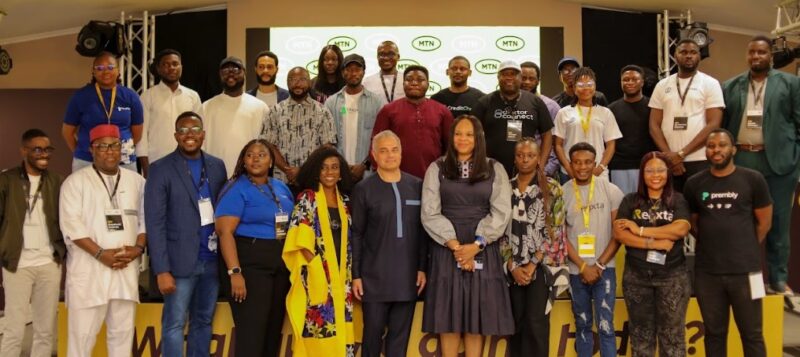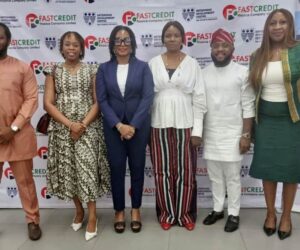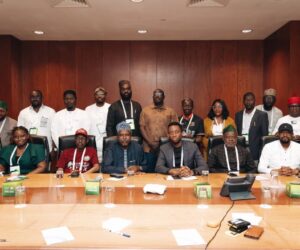While most accelerator programs focus exclusively on pitch decks and funding strategies, MTN‘s Cloud Accelerator has taken a notably different approach by dedicating time to founders wellness and regulatory navigation, two critical areas often overlooked in Nigeria’s startup ecosystem.
The program’s Immersion Week revealed an intentional design philosophy that treats entrepreneurial success beyond the revenue metrics. Among the curriculum highlights was a dedicated module on Founder Wellness & Resilience, acknowledging the mental health challenges that disproportionately affect startup leaders in high-pressure environments.
This holistic approach extends into the regulatory sphere, where many Nigerian startups stumble despite having strong products.
The program featured an Ask Me Anything (AMA) session with Commissioner Akintunde Oyebode, focusing specifically on Policy and Government Relations.
Rather than treating regulatory compliance as an afterthought, the session equipped founders with practical tools for productive relationships with public institutions, skills that can make or break scaling efforts in Nigeria’s complex regulatory environment.
The facilitator lineup reflects this comprehensive philosophy. Beyond the expected business strategists, the program brought together voices like Napa Onwusah from B4B Partners and Ashley Immanuel, COO of Semi Colon, whose expertise spans operational resilience and sustainable growth practices.
Josephine Sarouk of Bayobab Nigeria and Kolapo Olaleye from MTN’s Financial Planning division provided perspectives on long-term financial sustainability rather than just immediate fundraising tactics.
What makes this approach particularly relevant is its recognition that Nigerian startups face unique systemic challenges.
Access to capital is important, but founders also need frameworks for managing stress, understanding policy implications, and building sustainable operations in a market where infrastructure gaps can derail even well-funded ventures.
The Success Manager Conversations component represents perhaps the most innovative element, moving beyond traditional mentor matching to create structured pathways for founders to explore integration with MTN’s existing infrastructure. Rather than leaving partnerships to chance networking, the program creates deliberate touchpoints across MoMo, Chenosis, Digital Services, IT, Cloud, and Enterprise Business solutions.
For Nigeria’s startup ecosystem, this signals a maturation in how corporate accelerators approach founder development.
Instead of treating entrepreneurs as pitch competition contestants, MTN’s model acknowledges that sustainable tech companies require founders who can navigate policy complexity, maintain personal resilience, and strategically- leverage existing infrastructure.








